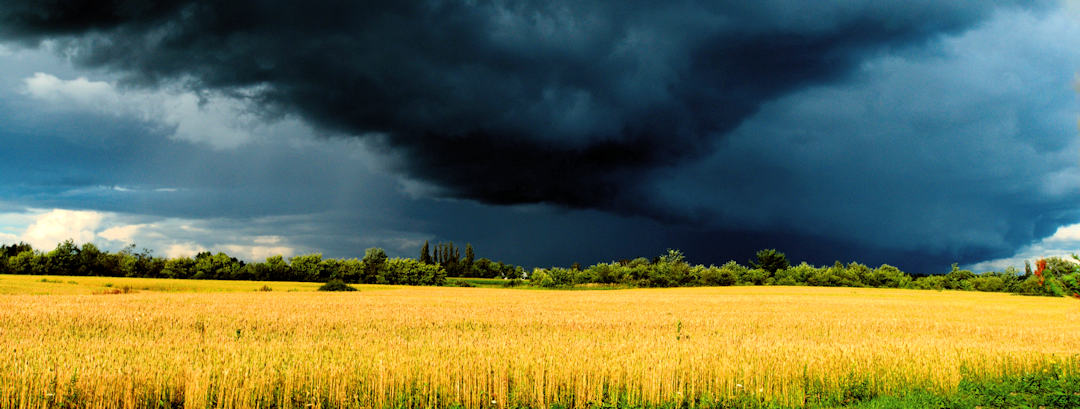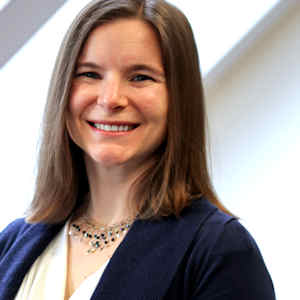
The unimaginable has happened. The world has shutdown in response to a virus that is virulent and potentially deadly. For some of us whose worlds in the past have been turned upside down by personal disaster – a cancer experience, the sudden death of a friend – this lurching feeling is somewhat familiar. What is different this time, is that the whole world has gone topsy-turvy.

As a counselor, I see how difficult life has become for people from all walks of life. Some trying to juggle working from home and caring for children. Some losing their work completely and not sure how to keep the roof over their heads. Some profoundly alone in isolation, and others profoundly scared with the news of a COVID diagnosis. We have all been swept up in a tornado and find ourselves suddenly not in Kansas. And in this land of Oz there is no helpful yellow brick road to follow and the flying monkeys seem to be reproducing exponentially.
So how do we stay sane and care for ourselves as well as those whose needs have been entrusted to us? I offer to you these two anchors that I have found encouraging in the past few days:
We are in this together. It seems everywhere I turn, I find reminders that we are in this together. I am grateful for the grocery store employees and delivery drivers and sanitation workers who are keeping our basic needs in life met. I am grateful for the doctors and nurses and other health care workers risking themselves for the sake of others. I am grateful for my colleagues who have worked tirelessly together to move an entire counseling practice online. I am grateful for my husband who takes turns with me caring for our small one so both of us can work. I am grateful for internet memes that make me laugh, online yoga, and whoever made the YouTube video of the Lord of the Rings with light-sabers.
We can only do this together. I was reminded while reading author Barbara Holmes that this kind of suffering–where an entire community is in crisis–cannot be absorbed by an individual. The suffering that has started and will continue from illness, job loss, and isolation is great; but there is a big difference between suffering alone and suffering with the solidarity of others. One of my greatest tasks as a therapist now, is helping people who have struggled with connection in the past find ways to create and hold on to it now. We can only do this together.
What do I bring to the situation? Kelly McGonigal, PhD, in a video shared by the National Institute for the Clinical Application of Behavioral Medicine (NICABM) talks about how as practitioners, we often talk to clients about focusing on what they can control in a situation rather than what they cannot. While useful, she took it a step further and offered two questions to ask of ourselves in times of crisis: who do I want to be in this situation, and what can I bring to it?

I have found those two questions deeply helpful as I navigate each day. Are things challenging? Definitely. Is there a lot of uncertainty? Of course. Will my clients, family and friends experience serious fall-outs in the areas of health, finances and security? Most likely. But I can be with them in this. I can bring my hope and my compassion and receive theirs as well. Everyone has something to bring. We can’t bring everything, but we can bring what we have. I hope years from now when my son learns about the pandemic of 2020 and asks me what it was like to live through it, I can tell him it was a deeply difficult time but we made it together by being people of courage and care. We laughed in order not to cry. We cried when we could no longer laugh. We leaned on each other, and we made it through.
I am grateful to get to share these thoughts with you. I am grateful for you as members of a global community that needs us right now in whatever ways we can be here for each other. I am grateful we are in this together. See you on the other side!

About the Author…
Susan Crickmore Williams, MA, is a licensed clinical professional counselor at the Central DuPage Pastoral Counseling Center. She works with clients struggling with depression, anxiety, self-worth, PTSD, grief, relationships, and major life transitions. She also takes special interest in using play therapy to work with children and adolescents Read more about Susan..
